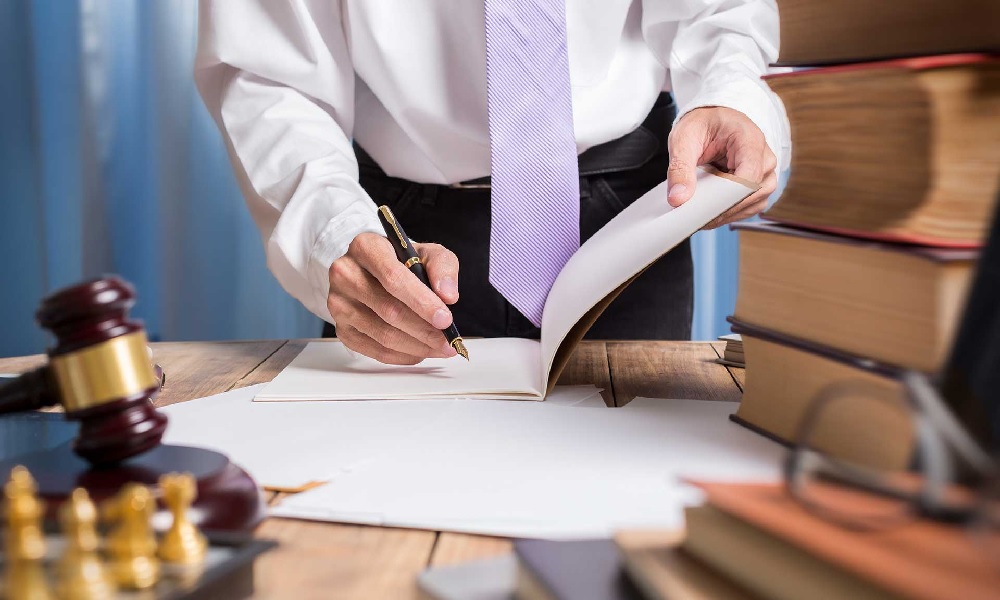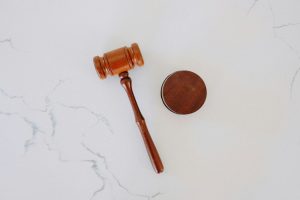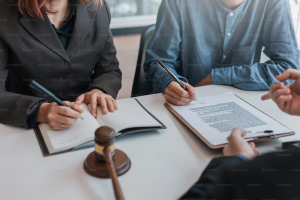
A lawyer is crucial when you or a loved one are arrested or charged with a crime. Hiring a criminal defense lawyer seems like an obvious step. But the timing of when you bring an attorney on board makes a big difference in their ability to build the strongest case possible.
Right after arrest
The period immediately following arrest is when defendants are most vulnerable. Even if innocent, the shock of being apprehended makes it easy to get overwhelmed and say or do something incriminating. Police conduct interrogations aiming to induce admissions of guilt. Defendants often waive Miranda rights without realizing the consequences. Defendants’ rights are safeguarded by a lawyer’s intervention. Attorneys ensure no evidence collection or questioning violated procedures. Early legal representation disrupts momentum by law enforcement to establish guilt before counter-arguments are crafted. The prosecutor decides whether to charge after an arrest. Interim periods present defense lawyers with opportunities to intervene. An attorney presents countervailing evidence and justifications directly to the prosecution. Negotiations with prosecutors result in reduced charges or none if they possess reasonable doubt. At a minimum, detectives must strengthen evidence with a lawyer scrutinizing it. Early plea bargains leading to lighter penalties become options if charges are unavoidable.
After criminal charges are filed
Defending against formal charges requires a vigorous defense. A respected local lawyer in Brampton gets to work even before the arraignment and bail hearing. They begin investigating the circumstances and evidence collection while fresh. Witnesses who contradict the prosecution’s account get interviewed sooner. A defense attorney hires investigators and forensic experts to revisit evidence testing. Gaps in the prosecution’s case get exposed earlier when memories are sharper. Pretrial motions and discovery build momentum for the defense. For example, they move to exclude unlawfully obtained evidence or inflammatory material unrelated to the charges. If granted, this deals a major blow to the prosecution even before trial. The defense also requests a change of trial location, substitution of an impartial judge, or delay trial if pretrial publicity jeopardizes the defendant’s right to an unbiased jury pool. Filing the right motions at the optimal time requires extensive pretrial preparation by the defense team.
Throughout discovery
Pretrial information exchange occurs during discovery. Both must divulge witness lists, anticipated testimony, physical evidence, and findings that are presented at trial. This is a balancing act for the defense. On one hand, they must comply fully with discovery laws and avoid appearing deceptive. But defense counsel also aims to hold back key elements so surprises at trial give them an edge. Picking jurors with the right mindset determines how receptive they will be to arguments presented at trial. An experienced defense lawyer researches jurors’ backgrounds thoroughly before selection including any views that could bias them against the defendant. Counsel will tailor juror vetting questions before for open-mindedness and acknowledgment of defendants’ rights. The end goal is seating jurors receptive to reasonable doubt and the defense’s trial narrative. Meticulous jury selection prep with the lawyer’s input is vital.







